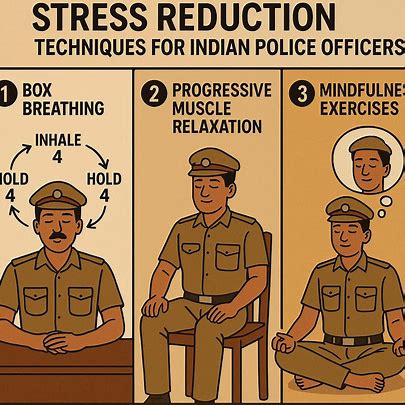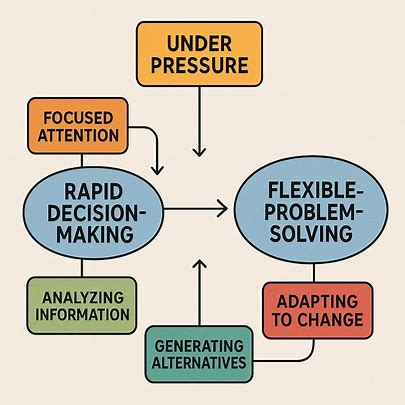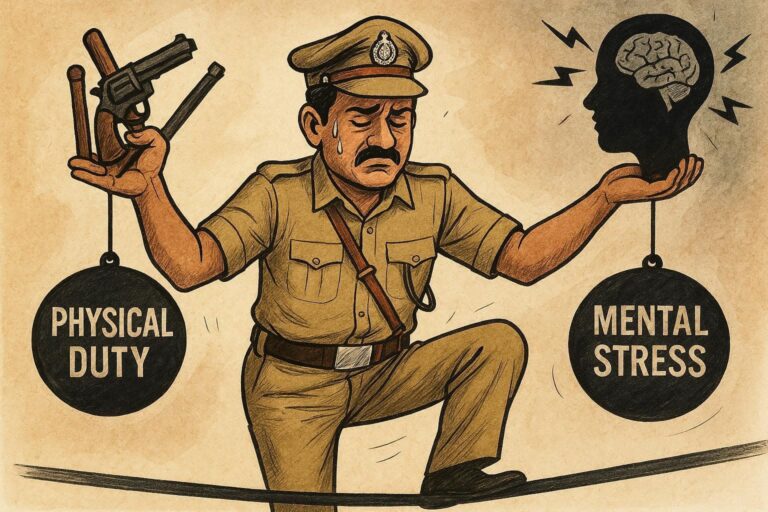Introduction: Addressing Police Officer Challenges in High-Stress Environments
Police officers serve on the front lines of public safety, consistently facing unpredictable situations, trauma, and high-pressure decisions. These occupational stressors can take a significant toll on mental health, emotional balance, and overall performance. If you’re a police officer, psychologist, or coach, understanding the psychological demands on law enforcement is vital for fostering resilience and operational excellence.
Physical training is important, but mental resilience, emotional regulation, and stress management are equally crucial to maintaining peak performance. This article explores how Cognitive Hypnotic Psychotherapy (CHP)—which integrates hypnosis, Neuro Linguistic Programming (NLP), mindfulness, and cognitive-behavioral methods—can significantly enhance police man performance and well-being.
Why Police Officer Performance Depends on Psychological Readiness
Key Psychological Components Impacting Law Enforcement Effectiveness
- Focus and Situational Awareness
Officers must maintain sharp attention during rapidly changing, life-threatening events. Fatigue, distraction, or cognitive overload can compromise safety and decisions. - Stress Management
Chronic exposure to trauma and emergencies causes stress that may impair judgment, increase anxiety, and lead to burnout. - Emotional Regulation
Managing emotions like anger, fear, and frustration is imperative to maintaining professional interactions and de-escalating conflicts to improve police officer performance. - Confidence and Self-Efficacy
Balanced confidence supports decisive, assertive actions, while its absence or excess risks operational errors. - Teamwork and Communication
Reliable collaboration and clear communication within law enforcement teams ensure coordinated, safe operations. - Decision-Making and Problem-Solving Under Pressure
Rapid, flexible thinking is critical to navigating unforeseen challenges in the field. - Physical and Mental Endurance
Long shifts and exposure to stress require sustained stamina to prevent fatigue and maintain operational readiness.

How Cognitive Hypnotic Psychotherapy (CHP) Enhances Police Officer Performance
Cognitive Hypnotic Psychotherapy offers an integrative, evidence-based approach combining hypnosis, NLP, mindfulness, and cognitive strategies to develop resilience and sharpen law enforcement skills.
Enhancing Focus and Situational Awareness
- Guided Visualization: Officers mentally rehearse complex, high-stress scenarios, building rapid response capabilities.
- Attention Anchoring (NLP Technique): Quickly regains focus during chaotic moments, reducing operational errors.
- Time Distortion Hypnosis: Alters perception of time under pressure to promote calm, precise action and enhace police officer performance.
Effective Stress and Trauma Management
- Hypnotic Relaxation Training: Deep relaxation reduces physiological stress and promotes calmness even in crises.
- Cognitive Reframing of Trauma: Reinterpreting stressful events as manageable challenges protects mental health.
- Hypnotic Desensitization: Gradual exposure to trauma under hypnosis reduces emotional reactivity.
Emotional Regulation and Building Resilience
- Emotional Release Techniques: Processes intense feelings such as anger or fear to restore emotional balance.
- Mindfulness Integration: Enhances emotional awareness and promotes thoughtful responses over impulsivity.
- Future Pacing Visualization: Builds confidence by imagining successful handling of future stressors.
Building Confidence and Self-Efficacy
- Anchoring Past Successes: Reinforces officers’ belief in their capabilities by recalling successful experiences.
- Positive Suggestion and Self-Talk: Counters negative internal dialogue with empowering affirmations.
- Role Reversal Exercises: Strengthens problem-solving and perspective-taking to boost self-assurance.
Improving Teamwork and Communication
- Role-Perception Drills: Develop empathy and trust through understanding colleagues’ viewpoints.
- Metaphorical Reframing: Uses imagery to transform conflicts into cooperative solutions.
- Hypnotic Group Visualization: Simulates team scenarios to embed efficient communication patterns.
Enhancing Decision-Making and Problem-Solving Skills
- Scenario-Based Visualization: Builds rapid risk assessment and solution generation abilities.
- Cognitive Flexibility Training: Encourages multiple adaptive approaches to complex problems.
- Parts Integration Technique (NLP & Hypnosis): Resolves internal conflicts to clarify decision-making.
Supporting Physical and Mental Endurance
- Mental Rehearsal for Stamina: Strengthens the ability to stay alert through long shifts.
- Mind-Body Hypnotic Conditioning: Enhances the link between mental clarity and physical endurance.
- Automatic Relaxation Response: Teaches quick recovery methods during short breaks for sustained performance.

Holistic Benefits of CHP for Police Officers
- Improved Operational Performance: Greater focus, clearer decision-making, and emotional control protect officers and communities alike.
- Stress and Trauma Resilience: Effective tools for coping with the emotional demands of policing reduce anxiety and burnout risk.
- Heightened Confidence and Assertiveness: Builds self-efficacy, empowering officers to act decisively.
- Strengthened Teamwork and Communication: Enhances safety and operational success through better collaboration.
- Sustained Physical and Mental Stamina: Improves endurance, lowers fatigue, and extends career longevity.
- Personalized CHP Programs: Tailored to individual officer needs and unique occupational challenges.
Why Psychologists and Coaches Should Integrate CHP Training
Are you a psychologist, therapist, or coach striving to elevate your impact with law enforcement professionals or other high-performance clients? Mastering Cognitive Hypnotic Psychotherapy equips you with a cutting-edge skill set to deliver transformational results.
By incorporating CHP techniques into your practice, you will:
- Help clients manage occupational trauma and stress efficiently.
- Enhance their cognitive flexibility, emotional balance, and performance under pressure.
- Offer integrative mind-body therapies that align with modern mental health approaches.
Ready to advance your expertise and empower law enforcement officers?
Explore specialized CHP training programs, deepen your professional impact, and join a pioneering network of mental health professionals dedicated to building resilience in demanding fields.
Start your journey today to transform how you support police officers and first responders—because their mental fitness is our community’s safety.

